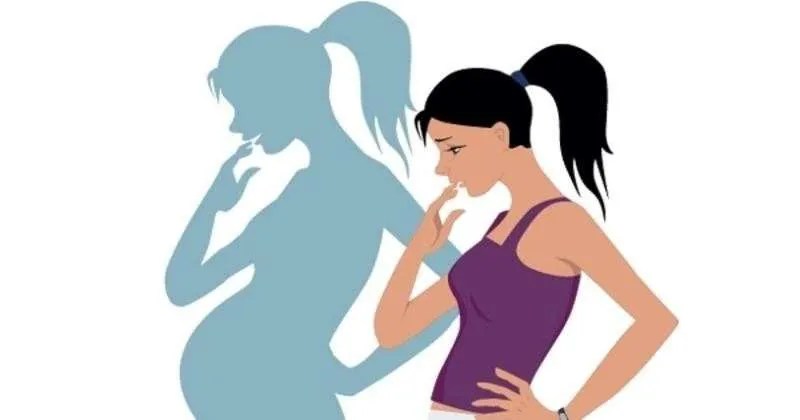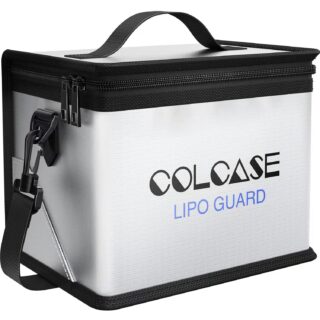The fertility pack consist of combination of herbs and supplement for 30 days treatment formulated to treat Barrenness, Hormonal Imbalance, Ovarian Cysts, Endometriosis, Inability to reproduce in women and so on.
The fertility pack consist of combination of herbs and supplement for 30 days treatment formulated to treat Barrenness, Hormonal Imbalance, Ovarian Cysts, Endometriosis, Inability to reproduce in women and so on.
Infertility is a term doctors use if a woman hasn’t been able to get pregnant after at least one year of trying. If a woman keeps having miscarriages, it is also called infertility. Female infertility can result from physical problems, hormone problems, and lifestyle or environmental factors.
Most cases of infertility in women result from problems with producing eggs. One problem is premature ovarian failure, in which the ovaries stop functioning before natural menopause. In another, polycystic ovary syndrome (PCOS), the ovaries may not release an egg regularly or may not release a healthy egg.
Causes of Failure to Ovulate
Ovulatory disorders are one of the most common reasons why women are unable to conceive, and account for 30% of women’s infertility. Fortunately, approximately 70% of these cases can be successfully treated by the use of herbs. The causes of failed ovulation can be categorized as follows:
Hormonal Problems
These are the most common causes of anovulation. The process of ovulation depends upon a complex balance of hormones and their interactions to be successful, and any disruption in this process can hinder ovulation. There are three main sources causing this problem:
- Failure to produce mature eggs
In approximately 50% of the cases of anovulation, the ovaries do not produce normal follicles in which the eggs can mature. Ovulation is rare if the eggs are immature and the chance of fertilization becomes almost nonexistent. Polycystic ovary syndrome, the most common disorder responsible for this problem, includes symptoms such as amenorrhoea, hirsutism, anovulation and infertility. This syndrome is characterized by a reduced production of FSH, and normal or increased levels of LH, oestrogen and testosterone. The current hypothesis is that the suppression of FSH associated with this condition causes only partial development of ovarian follicles, and follicular cysts can be detected in an ultrasound scan. The affected ovary often becomes surrounded with a smooth white capsule and is double its normal size. The increased level of oestrogen raises the risk of breast cancer
- Malfunction of the hypothalamus
The hypothalamus is the portion of the brain responsible for sending signals to the pituitary gland, which, in turn, sends hormonal stimuli to the ovaries in the form of FSH and LH to initiate egg maturation. If the hypothalamus fails to trigger and control this process, immature eggs will result. This is the cause of ovarian failure in 20% of cases. - Endometriosis
Endometriosis occurs when the cells that normally line the uterine cavity, called the endometrium, are found outside the uterus instead.
Research has found a link between infertility and endometriosis. Studies show that between 25% and 50% of infertile woman have endometriosis and between 30% and 40% of women with endometriosis are infertile. Scientists do not know the exact cause of infertility in women with endometriosis.
![female fertility]()


Current theories on how endometriosis causes infertility include the follow:
Changes in the structure of the female reproductive organs may occur. Endometriosis can cause pelvic adhesions made of scar tissue to form between nearby structures, such as between the ovary and pelvic wall. This can obstruct and affect the release of the egg after ovulation. Scarring in the fallopian tube can interrupt block the egg’s movement through the fallopian tube.
The lining of the abdomen, which is called the peritoneum (pronounced pair-ih-tuh-NEE-uhm), may go through changes that affect its function:
In women with endometriosis, the amount of fluid inside the peritoneum often increases.
The fluid in the peritoneum contains substances that can negatively affect the functions of the egg, sperm, and fallopian tubes.
Chemical changes in the lining of the uterus that occur as a result of endometriosis may affect an embryo’s ability to implant properly and make it difficult for a woman to stay pregnant after conception.



Active Ingredients
Pullus Cum Osse Nigro, Panaxginseng, Salvia root P.E, Astragalus mongholicus, Angelica sinensis, Ligusticum wallichii, and many other more than 20 kinds of herbal extracts. Gallus domesticus, Panax ginseng, Radix Astragali, Savia miltiorrhiza, Angelica sinensis, White Paeony Root, Ligusticum chuanxiong, Cervus nippon Temminck, Concha Ostreae,Rhizoma Cyperi. Angelica sinensis 210mg, Lovage root 30mg, White Atractylodes tuber 30mg, Jujube Fruit 30mg.









